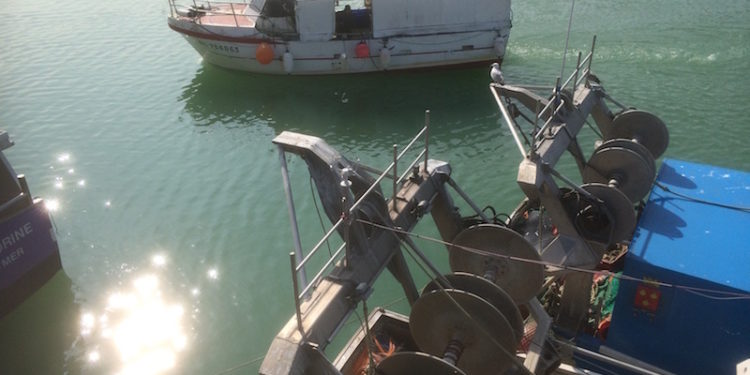The European Fisheries Alliance (EUFA) was launched in Brussels last week at a roundtable to discuss the implications of a hard Brexit for EU fishing fleets and jobs for the 27 remaining EU nations, and the possibilities for a mutually beneficial deal for both the UK and EU fishing sectors and coastal communities.
The event was led by Alain Cadec MEP, Chairman of the European Parliament Fisheries Committee.
According to the Alliance, with article 50 expected to be triggered by the UK government this week, EUFA members are urging EU negotiators to ensure that fisheries ranks among the priority areas when the Council issues its negotiation mandate to the European Commission in the coming days. The Alliance further stresses that it was essential for the EU and the UK to define a long term post-Brexit agreement that benefits all; the European and the British industry as well as the sustainability of fishing stocks.
‘It is clear the EU and British fishing industries are entwined like no other sector,’ EUFA states.
‘We share a limited resource, we share fishing grounds and markets. Mutual access and historical catch shares have governed our industries for centuries. And the numbers speak for themselves: one third of EUFA’s catches comes from UK waters, two-thirds of British seafood exports are destined to the European market.’
‘Any exit agreement will have far reaching consequences, both economic and social, for our fishermen and our fishing communities. Our initial analysis shows that in case of a hard Brexit scenario, up to 6100 jobs could be lost across the fisheries sector,’ commented Gerard van Balsfoort, speaking on behalf of the European fishing industry.
‘For this reason, the European Fisheries Alliance believes that it is essential to have fisheries included in the mandate given by the Council to European Commission as it starts its negotiations with the United Kingdom. We have already offered our support to the EU negotiators to ensure that our concerns are being understood, in particular that any exit agreement guarantees mutual access to traditional fishing grounds, preserves the current distribution of TAC and quotas and provides for a long term responsible fisheries management framework,’ he said.
Alain Cadec assured those present that EU negotiators would take the industry’s concerns seriously.
‘There is no question that we could grant the United Kingdom access to the European market without tariffs on their fisheries products if they do not provide our vessels access to their waters,’ he said.
The European Fisheries Alliance is a coalition of European fishing fleets directly impacted by Brexit. It consists of national organisations from Belgium, Denmark, France, Germany, Ireland, The Netherlands, Poland, Spain and Sweden. The alliance accounts for over 18,000 fishermen and 3500 vessels across the up and downstream industry, with an annual turnover €20.7 billion.









